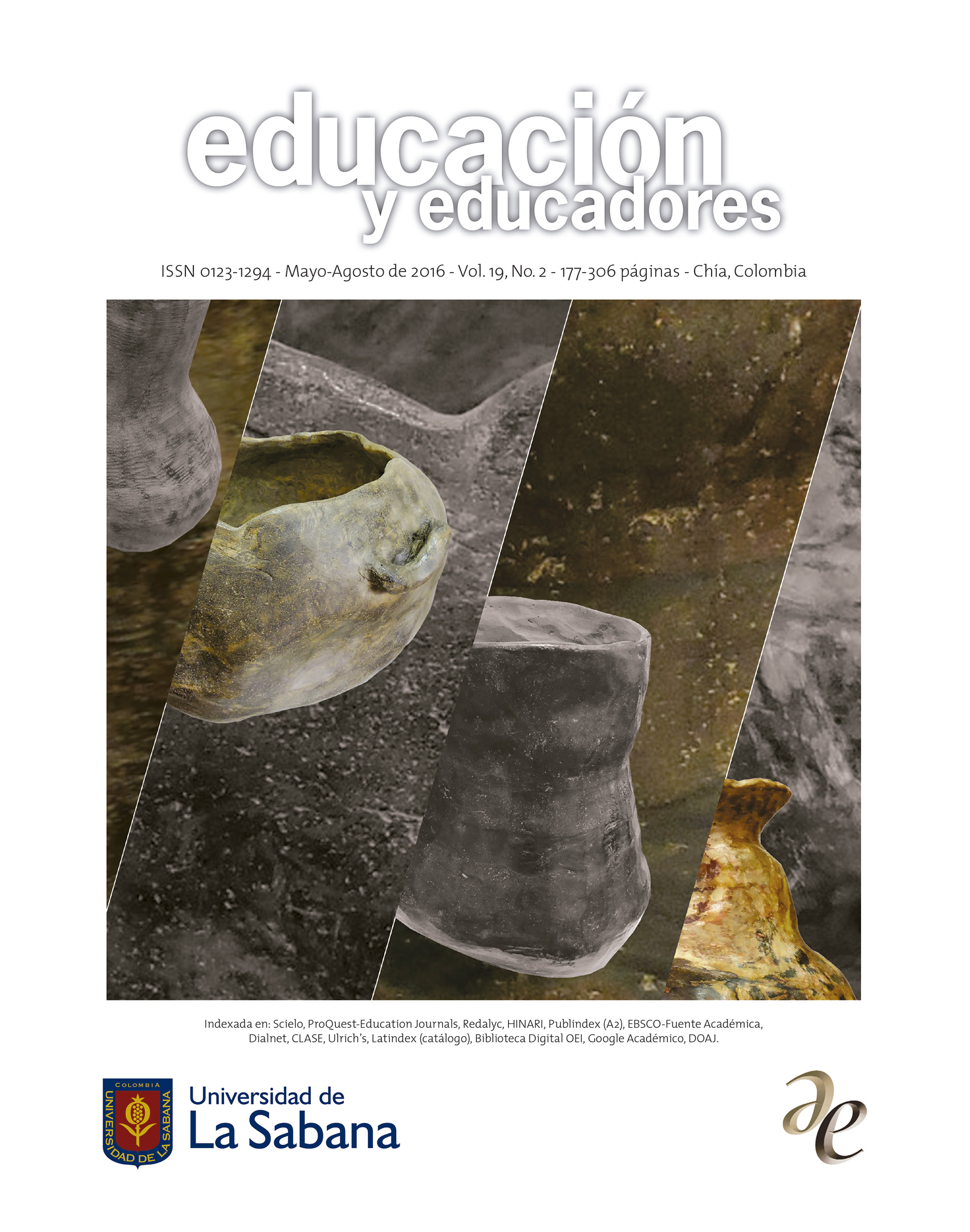Is Colombia Becoming Bilingual? Analysis of the Academic Gap in English Language Education between the Public and Private Sectors
Keywords:
Evaluation of educational policies, bilingual Colombia, teaching English, performance in school, evaluating secondary education (Source, Unesco Thesaurus).Abstract
The aim of this paper is to explain the factors that determine the gap in the level of English language proficiency between public and private schools, and to determine whether it has narrowed over time as a result of public policies to generalize bilingualism in Colombia. The language scores on the Saber 11 tests for 2008 and 2013 were analyzed for this purpose. An educational production function that involves family, personal and school factors and an approach to the unobservable component of the skill is introduced. The difference in performance has remained more or less constant, but with a slight reduction; however, the unexplained portion, attributable to the students’ motivational component, was found to have declined considerably, indicating that public policies are working in terms of helping students to become interested in learning a foreign language.
Downloads
Published
How to Cite
Issue
Section
License
1. Proposed Policy for Journals That Offer Open Access
Authors who publish with this journal agree to the following terms:
-
This journal and its papers are published with the Creative Commons License CC BY 4.0 DEED Atribución 4.0 Internacional. You are free to share copy and redistribute the material in any medium or format if you: give appropriate credit, provide a link to the license, and indicate if changes were made; don’t use our material for commercial purposes; don’t remix, transform, or build upon the material.






